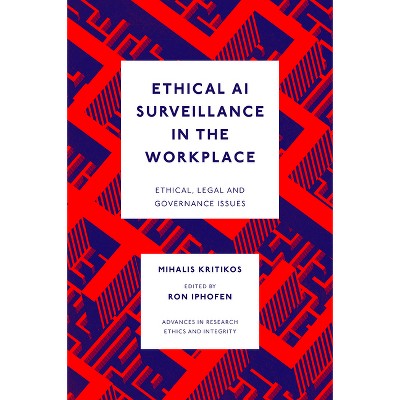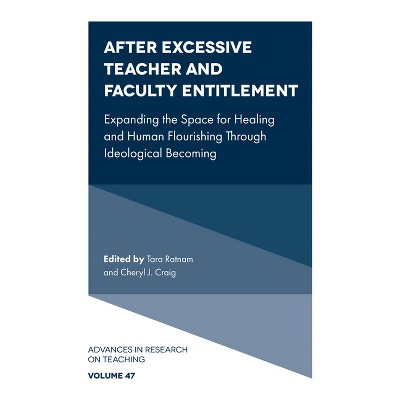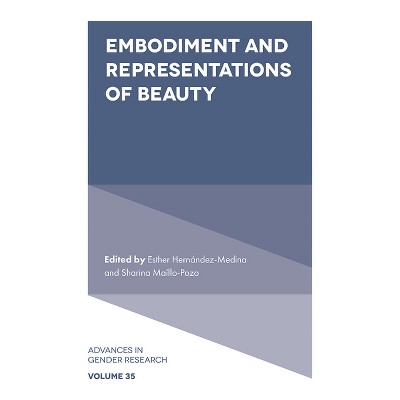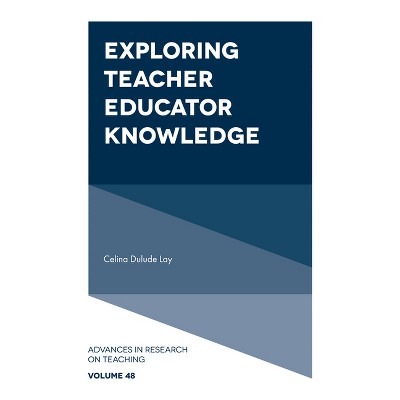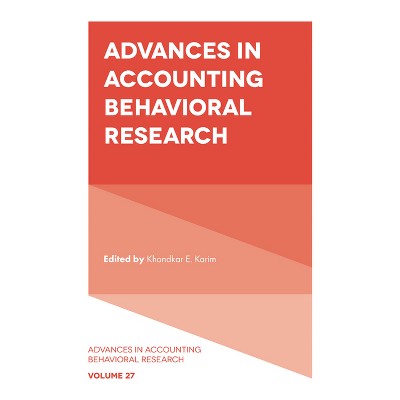Advances in Disability Research Ethics - (Advances in Research Ethics and Integrity) by Anne Good & Iris Elliott & Sharon Mallon (Hardcover)

About this item
Highlights
- There are currently over 1.3 billion people globally who experience exclusion and inequality rooted in persistent and deep ableism.
- About the Author: Anne Good has now retired from public service after decades engaged with disability research, including its ethical dimension nationally and internationally.
- 192 Pages
- Social Science, Research
- Series Name: Advances in Research Ethics and Integrity
Description
About the Book
Considering important aspects of general ethical research principles, this volume establishes an inspiring vision for both present and future improvements across all levels of disability research.
Book Synopsis
There are currently over 1.3 billion people globally who experience exclusion and inequality rooted in persistent and deep ableism. Quality research with and about disabled people is vital to changing this situation. Such research presents ethical challenges and complexities which have not been given the attention they deserve if we are to advance disability rights as promised by the UNCRPD and other equality and human rights commitments.
Considering important aspects of general ethical principles, including respect, consent, privacy and confidentiality, this volume of Advances in Research Ethics and Integrity fills that gap. It does so while also recognising the broad scope, diversity and significant size of the disabled population.
Experienced researchers from the field examine processes of disablement and the specificities which arise when researching the lives of people with physical, mental, intellectual or sensory impairments. Authors also incorporate social factors such as gender, ethnicity and age and how they interact with disability. Building from the context set by the UNCRPD and other ethical guidance, chapters explore topics such as ensuring quality in data, the importance of defining terms, ethical inclusion, use and misuse of the term vulnerability, the intersection of race and ethnicity, the role of ethics committees and other approval processes and maximising research impact.
About the Author
Anne Good has now retired from public service after decades engaged with disability research, including its ethical dimension nationally and internationally. Good is now an independent Sociologist, Researcher and Writer who maintains a keen interest in social justice and equality.
Iris Elliott leads the Policy and Research Department in Ireland's National Human Rights and Equality Institution. She is a Fellow of the Royal Society of Arts in recognition of her outstanding contribution and commitment to mental health.
Sharon Mallon is Senior Mental Health Lecturer at the University of Staffordshire. She has a strong interest in the ethical impact of researching sensitive subjects.






